Jul 11, 2024
How To Find Diligence Treasure In Your Organization
Resources

There is diligence treasure in your organization and among your associates and networks. Today’s post is a map to unlock resources and expertise that will improve your diligence.
The Mission: Find Diligence Treasure
There is diligence treasure in your organization and your professional circle. It is your mission to locate the treasure and share the wealth with your team so that you reach your diligence project goals.
Question: What are these treasures and how do you find them?
Answer: The treasure may be:
– expertise
– information
– sources
– technology
and, there may be more.
This post will help you begin your search by providing suggestions and ideas on where to start, where to look and how to take advantage of what you find. When you are done you will have your own customized treasure map.
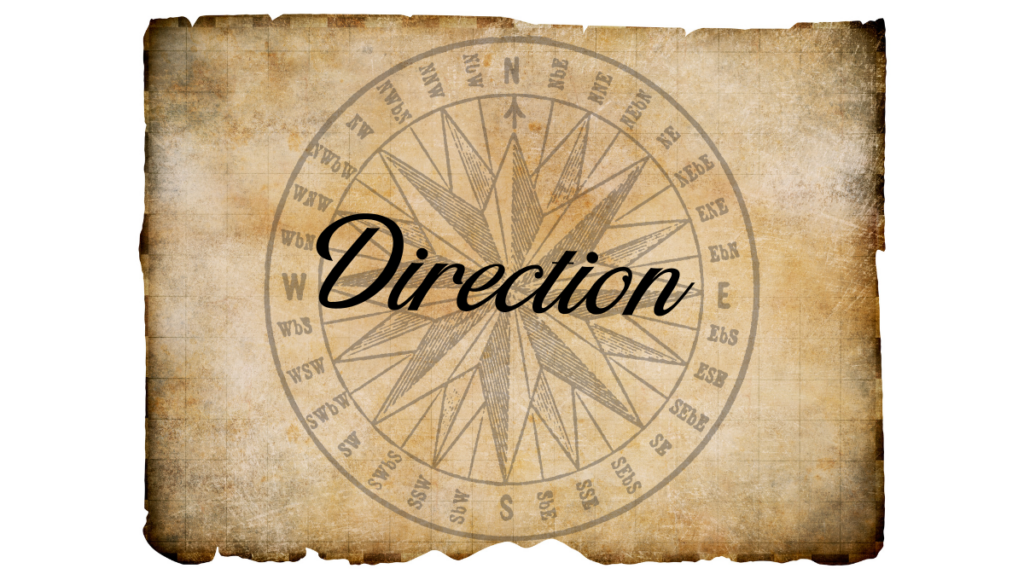
General Directions – be open minded, think creatively, be inquisitive, and be willing to contribute and help others.
You have to start somewhere. The “somewhere” in this quest isn’t a place but a set of directions to guide you as you perform the search.
- Think broadly – The treasure may be in your own backyard, or not. Begin with the idea that treasure may be located in-house, held by people in your network, lodged in your associations, or buried within your industry. Think broadly, beyond the borders of your organization. Be open to the idea that diligence treasure may be as expansive as an entire archive of materials or as simple as a referral for a conversation.
- Don’t look for diligence – When was the last time you saw treasure with a big sign on it that says “Treasure”? The nature of treasure is that it is hidden. You find it by searching. It’s the same with diligence treasure. It will not usually announce itself with the words “diligence” or a sign that says LOOK HERE. But there are clues. Start looking for departments, technologies, and people that are connected to the topics of:
- Research
- Library
- Archives
- Compliance
- Audit
- Law
- Investigations
- Information or Knowledge Management
- Collections
- Competitive Intelligence
- Expect the unexpected – Treasure isn’t always shiny gold, or the diligence equivalent – the exact bit of information you were looking for. Instead, expect a winding road that leads you to the information you are looking for and even better – the information that you need.
- Ask questions – Quests for treasure are journeys that don’t have traditional GPS instructions. It is the same with diligence. Use questions to guide you on your way. And keep asking. If someone doesn’t know the answer, pose this question instead, “Would you be able to recommend someone or a resource that might be able to help me with this question or point me in the right direction?” Don’t be shy about asking for ideas, information and help.
- Share but be wary – Treasure hunters trade for information. If you ask other people to be a resource for you, expect that you will be asked to reciprocate. If you can’t or won’t reciprocate appropriately, don’t ask. Appropriately means within your comfort zone and within your organization’s or industry’s rules and ethics. For example, you are not going to trade confidential information or allow anyone access to technology systems that are designed to have limited access.
- Be wise – In popular media, treasure hunting involves danger and pitfalls. Being wise means anticipating, identifying and then avoiding dangers and pitfalls. When looking for diligence treasure beware of:
- Relying on the wrong person or technology
- Being dazzled by fools gold, shiny objects and false promises
- Forgetting basic security, privacy and confidentiality issues and rules
- Not doing proper follow up or verification
- Failing to recognize the quality or limitations of the resources you find
- Getting lost in a labyrinth of sources, resources, and content
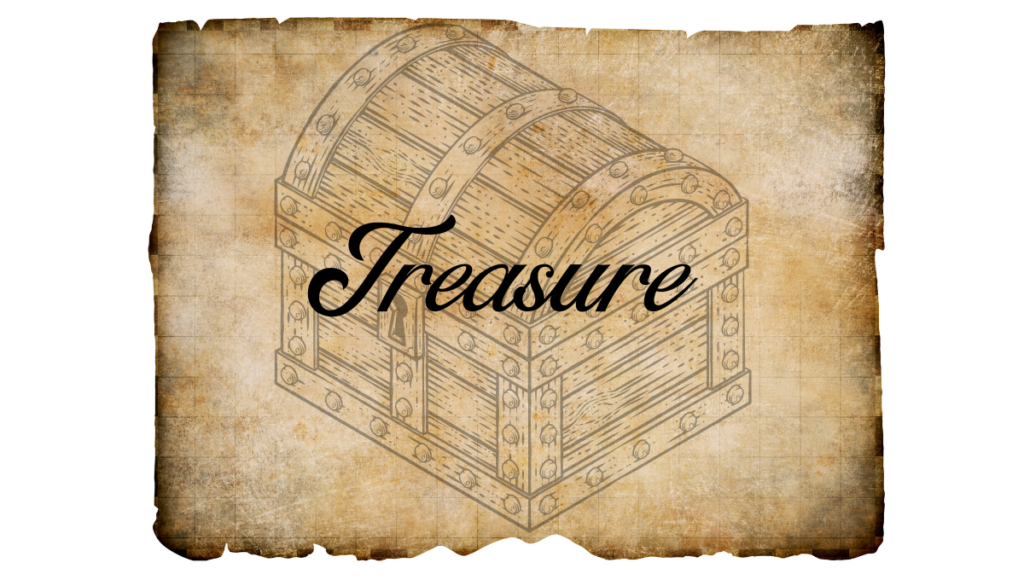
What/Who is the Treasure
There isn’t a definitive diligence object treasure list but I suggest thinking about possible treasure in these categories:
- People
- Internal resources
- External resources
- Technology
- Education
You will identify additional ideas and resources and develop your own map that reflects your work, your organization, your industry and your network. This personalized map will become a template. The good news about diligence treasure hunting is that you don’t have to start at the beginning each time. Instead you can begin with your template that you developed and continue developing based on your experience.
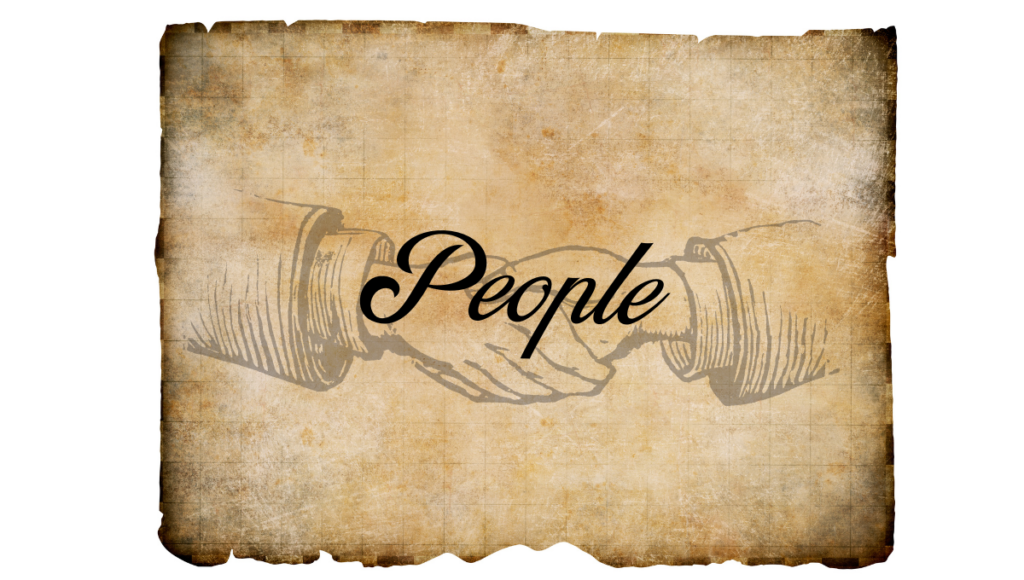
People – People are the stars of diligence so start by identifying helpful people
You are looking for people in your organization, or within your network that may:
- answer a particular question
- provide you with background
- direct you to resources that you may not be aware are available to you
- suggest next steps, meaning other people or possible resources that you can go to for information.
The type of help that a person can offer will vary based on their experience and your needs but here are some ideas of the types of people that may be helpful:
Information Specialist – This is someone trained to find, handle, organize or analyze information. The role or title might be someone designated as a librarian, researcher, records manager, historian or archivist. They may be able to assist you with research and source recommendations. If you are looking for internal historical information you would start with them.
Diligence Professional – These are people formally trained to conduct diligence as part of their everyday professional duties. They include attorneys, compliance professionals, analysts, private investigators, journalists and auditors. They may be able to suggest methods, ideas and tactics for finding the information that you need. They are also experienced with spotting gaps, inconsistencies and red flags. Perhaps they would be willing to help you evaluate and even analyze sources and materials or teach you some of their systems for doig so.
Subject Matter Expert – If you are looking to perform diligence in a particular subject matter, someone with expertise in that topic will be valuable. They could provide background and resource suggestions targeted to the topic. They may also be aware of, or control access, to internal sources. For example, in-house real estate experts will know how to conduct property diligence, what property information sources exist within the organization and outside the organization. They may even be the gatekeeper for those resources.
Then there are the people that don’t have diligence related titles or formal training but are very useful.
The Know-It-All – in a good way. These are people that have accumulated a wealth of information about topics and resources. Their information is not necessarily tied to their job responsibilities or formal education. They may provide you with background and history or direct you to resources because they “know where everything is”. Don’t be fooled by their title, lack of title or lack of formal credentials. Some of the most plugged in people that I have met are long term administrative assistants, bookkeepers and clerks. They know how and where to find everything and if they don’t know it, they know who does.
The Introducer – Again, not a title, but a type of person. These are people that have wide networks internally or externally. This is the person that when you speak to them says to you, “don’t you know X, they will have what you need, let me introduce you or make a call for you.” This is the person that can’t answer your question but knows exactly who can help you and maybe get you in to see them. Again, they may not have a high level title, but they have high level exposure either because their job responsibilities require it, such as the executive assistant to the CEO, or because their personality demands it.
Don’t restrict yourself to internal people?
These people may exist outside of your typical internal network. For example, you may find that these people are in industry and trade organizations, associations and memberships. You may belong to a group or hold a membership that allows you access to experts and other members that will share expertise. There may be forums, meetings, and conferences that allow you to post questions or book consultations with experts that can contribute to your diligence project.
If you don’t know if your organization belongs to external groups ask – “Do we belong to an organization, association or have a membership in a group that would be helpful for my project?“
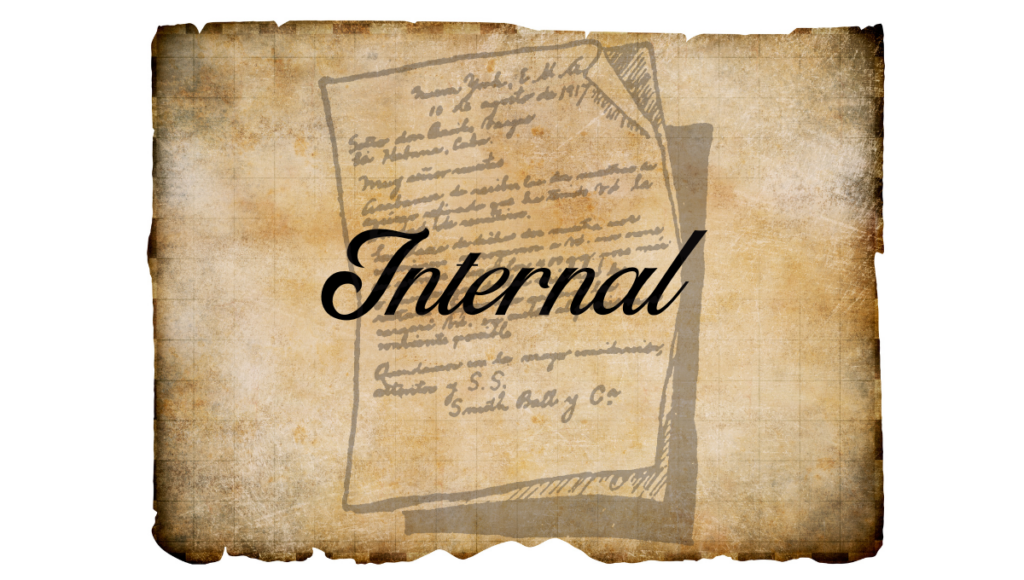
Internally Produced Resources – Look for Them
The question here is — Are there resources or materials that have been created and collected by your organization, that may be helpful for your diligence project, and that you are not already familiar with?
Here are some of my suggestions for these types of materials:
- Collections of materials such as past diligence project files
- Archives
- Subject matter newsletters
- White papers
- Reports
- Product or industry analysis
- Conference materials
- Competitive intelligence materials
- Subject specific memos from departments such as legal, finance or compliance
These materials may exist on, (i) an internal platform such as a content management or knowledge management platform or (ii) paper located in a warehouse or in someone’s office.
It will take the right person to direct you to the access point so add this to your list of questions – “Is there a platform that collects this information and would you be able to recommend a person that can help me find this type of material?”
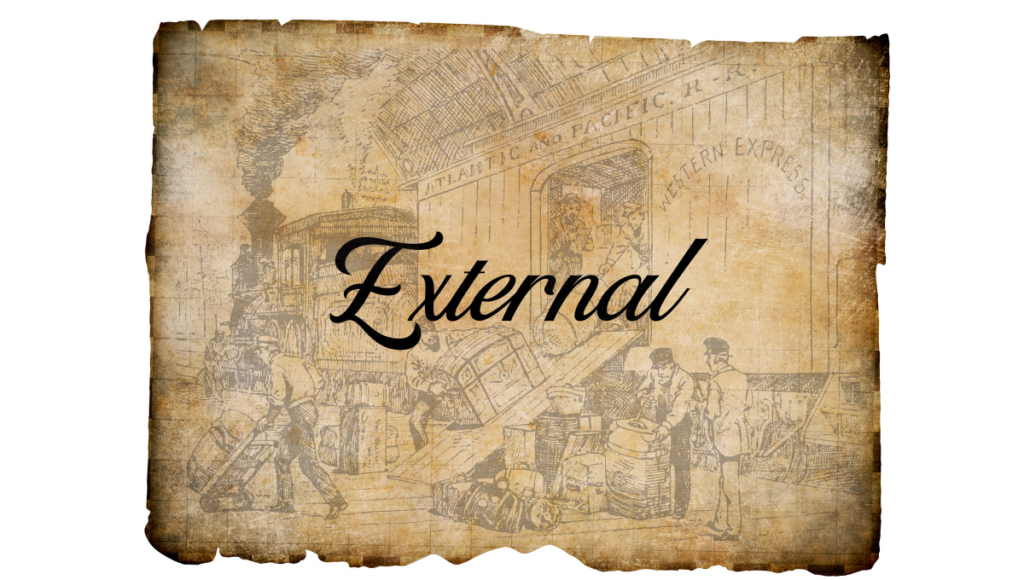
Internal Resources May Connect You to External Sources
Your organization may pay to access externally produced resources or materials. These materials may be printed or digital, part of a membership or subscription plan, for example:
- Newspapers & magazines
- Specialized Research
- Advisory reports
- subscriptions plans for products released by companies like ProQuest, Dow Jones, Lexis/Nexis, Westlaw, Bloomberg, Dun & Bradstreet or Reuters
- Databases
- Libraries
- Conference materials
- Trade or industry association resources
These resources may also be accessible by indirect means such as through memberships and subscriptions to trade and industry groups that your organization belongs to or pays for on behalf of employees.
A word of advice – don’t assume that there is no way that you can access certain external information services. If you think that you can benefit by access to a particular source, ask about it, look for it. In my experience the challenge is that organizations may not centralize access to these resources, especially if there is no information management department or system. These materials may be siloed in different departments or even with specific people. You are looking for the access point to these resources. This is usually a person who is the “keeper” of membership details (plans, passwords, pins, user Ids) so another point to add to your list to ask the people you find during the treasure hunt.
A questions suggestion for people that you meet along the treasure hunt: “Do you know of any material or information services that our organization subscribes that may be helpful? Is there a department that may have access to external materials so I don’t have to duplicate work already done?”
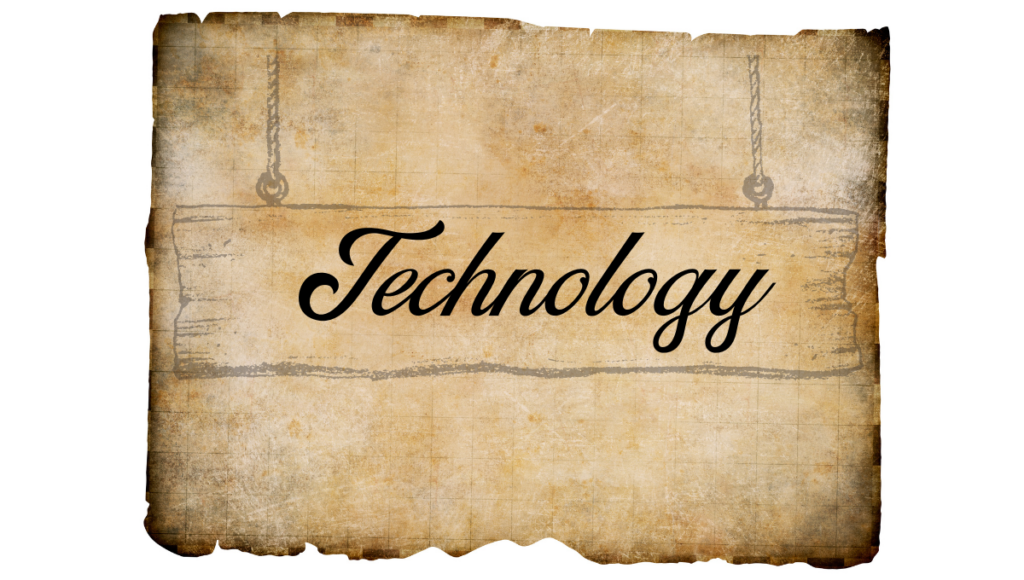
Take Advantage of Technology
Does your company or a professional organization that you have access to, use, run or subscribe to technologies or services that are useful for diligence?
Examples of these technologies or services may include:
- Programs that perform diligence checks such as running names against sanction and other types of lists
- Data analysis software
- Presentation type software
- Online design platforms
- Visualization tools
- Website clipping apps
- Software that you can use for organization, such as spreadsheets, databases and list software
- Risk analysis and ranking tools
- Competitive analysis tools
- Knowledge management systems
- CRM (customer relationship management) systems
- Sales systems
If you are not familiar with these types of tools or what your organization has to offer, you may want to start with speaking to a person in a department that typically uses these tools. For example, if you want to run a set of names against global sanctions lists, you would usually start with speaking to someone in the department that is responsible for that compliance. Again, it comes down to finding the right people to help you access the tools.
A useful question may be: “Do you use or know of any systems, or apps that may be helpful or relevant for me for locating, analyzing, presenting or preserving information?”
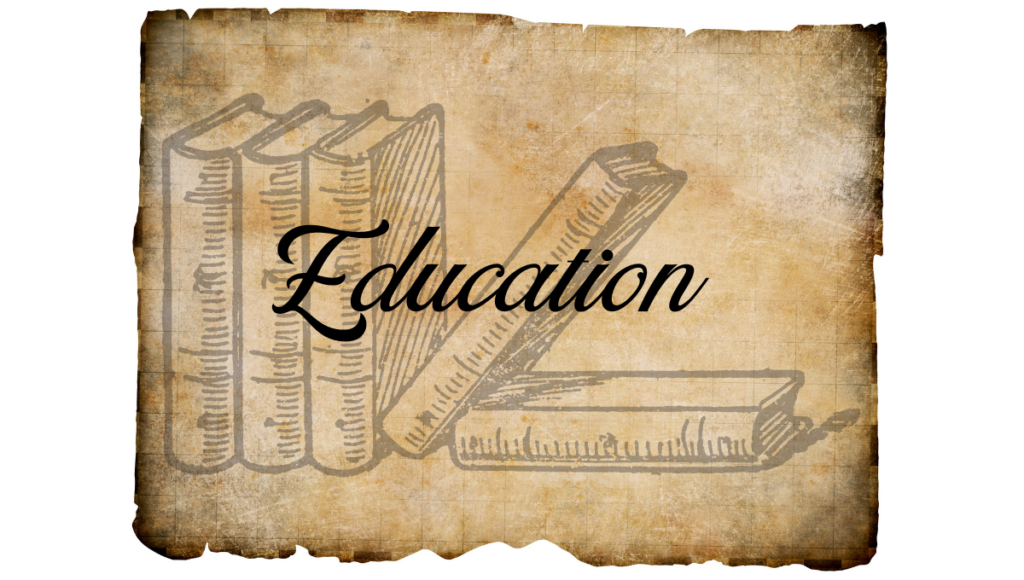
Education is Everywhere – Look Around
Your organization and your network may have a collection of educational resources or materials that you may find helpful. These might include:
- Trade and industry materials
- Training videos on technology or topics that are relevant to you
- Vendor training that will allow you to expand the use of technologies that you already access (such as a database, spreadsheet and compliance programs)
- Online courses on topics such as investigation, research, evaluation and analysis
- Videos of talks or sessions with industry or subject matter experts
You may be surprised by what you can find. Again, you need to find the gatekeeper for the type of education, training or materials. Just because you or your department was not given access to, or offered training about a technology or topic, it does not mean it does not exist within the organization.
So once again, ask – “Are there any training or educational materials that I should look at that would be helpful for my project?”
The Map
You don’t have to wait until you are working on a specific diligence project to find and familiarize yourself with diligence treasure.
When you need diligence material you are under pressure and deadlines. The better approach is to develop your diligence treasure map now. That way when you need a map you have it. How do you do that when you don’t have a specific diligence project? You start by building up your network and inventorying your resources. For example:
- Network and meet people now, especially the information and diligence professionals in the organization
- Investigate the availability of internal and external resources, make sure you know how to access them and under what conditions you are allowed access
- Take note of technology and services that are available to you and again, know how to access them and how to use them in advance.
- Take training courses and review instructions for apps, technology and services in advance
- Educate yourself on an ongoing basis, don’t wait to learn about the topics, services and people that are relevant to your work and responsibilities
- Involve others in the hunt, divide up the work with your colleagues and then come back together to aggregate your learning
Once you gather your treasure make a map so you can find it again. After all, treasure maps exist to show the direction back to previously discovered treasure. Your map may be a spreadsheet, a database, or a notebook where you consolidate your findings. Just be sure to use the map and update it as you find new treasure.
Time, imagination, collaboration and patience will yield a treasure trove of diligence materials, don’t delay – start looking now!
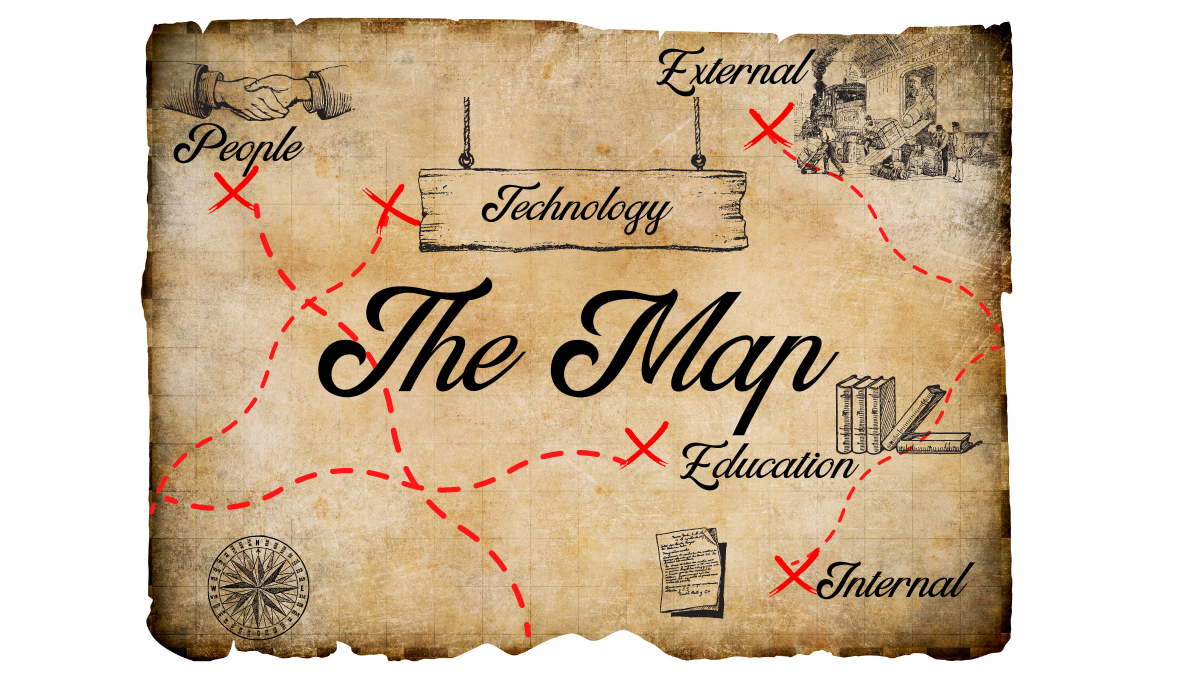
Sign Up to Receive the Diligence File Emails – More Ideas & Resources to Advance Your Diligence
Thank you


Subscribe for Diligence Updates
Get the latest updates, resources, offers, and more.
"*" indicates required fields
The Diligence File respects your privacy. Privacy Policy